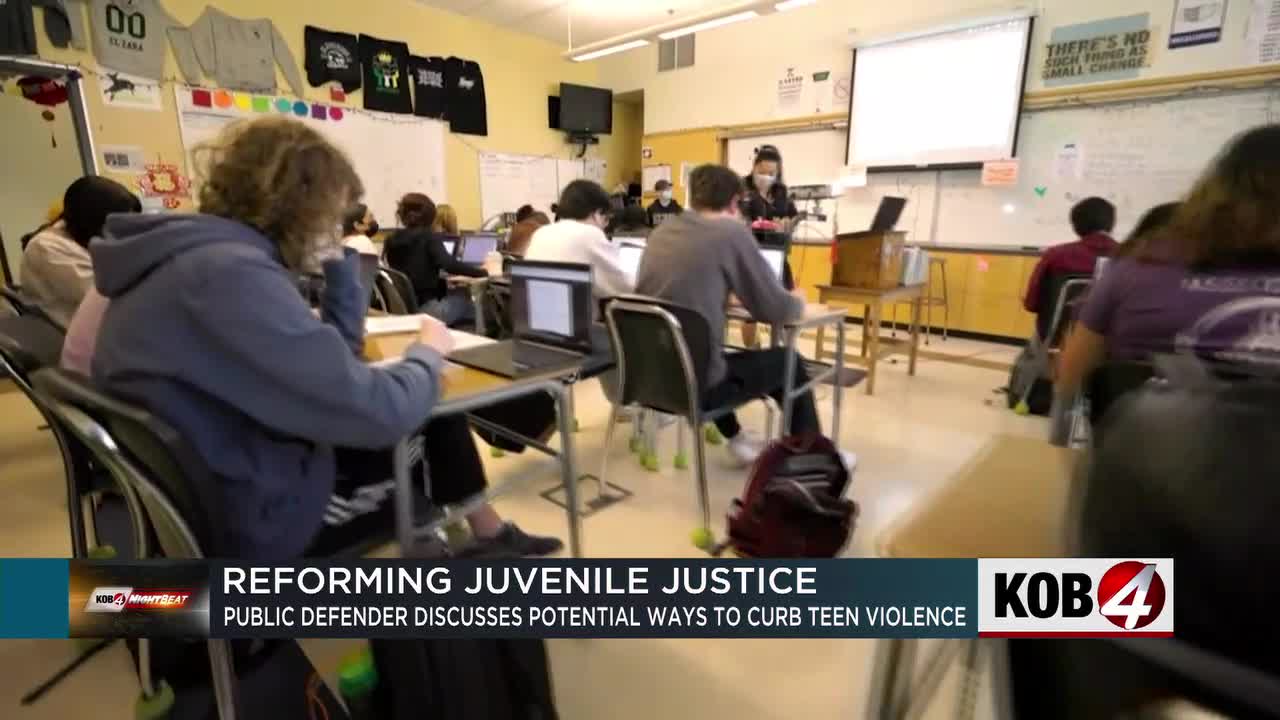One of the world’s best known luxury brands recently conducted a survey of its global store network, sending local platoons of secret shoppers to assess the level of customer service. Despite their stellar reputation, the outlets in Japan fared dismally.
“The problem was not the service. It was the shoppers,” relates the senior director in charge. “In reality, we knew the service in our Japan stores was by far the best anywhere in the world, but the Japanese customers that we sent found faults that nobody else on earth would see.”
Many will see an enviable virtuous circle in this tale — a parable of what happens when a service culture seems genuinely enthusiastic about and responsive to the idea that the customer is always right. High service standards have begotten high expectations, and who would see downside in this?
The trouble is that, in Japan as elsewhere in the world, the “customer is always right” mantra is having a bit of a wobble. Perhaps existentially so.
The concept has always come with pretty serious caveats; fuller versions of the (variously attributed) original quote qualify it with clauses like “in matters of taste” that shift the meaning. But in a tetchier, shorter-fused world the caveats are multiplying.
Japan’s current experience deserves attention. After many decades at the extreme end of deifying the customer (Japanese companies across all industries routinely refer to clients as kamisama, or “god”), there is now an emerging vocabulary for expressing a healthy measure of atheism.
The term “customer harassment” has, over the past few years, entered the Japanese public sphere to describe the sort of entitled verbal abuse, threats, tantrums, aggression and physical violence inflicted by customers on workers in retail, restaurants, transport, hotels and other parts of the customer-facing service economy. One recurrent complaint has been customers demanding that staff kneel on the floor to atone for a given infraction.
However tame these incidents may appear in relative terms — comparing them with often violent equivalents in other countries — the perception of a sharp increase in frequency means the phenomenon is being treated as a scourge. The Japanese government is now planning a landmark revision of labour law to require companies to protect their staff from customer rage.
The real breakthrough, though, lies in legislating the idea that customers can be wrong — a concept that could prove more broadly liberating.
Luxury goods and virtuous circles aside, customer infallibility has not necessarily been the optimal guiding principle for Japan, and is arguably even less so now that demographics are squeezing the ability to deliver the same levels of service as before. Excessive deference to customers came, during the country’s long battle with deflation, to border on outright fear that the slightest mis-step risked losing them forever.
So much deference was paid to the customer that companies were reluctant to raise prices even as they themselves bore the cost of maintaining high standards of service. Japan, during its deflationary phase, became one of the great pioneers of product shrinkflation: a phenomenon that, from some angles, made deference to customers look a lot like contempt for their powers of observation.
Perhaps the biggest dent left by Japan’s superior standards of service, though, has been the chronic misallocation of resources. The fabulous but labour-intensive service that nobody here wants to see evaporating has come at a steadily rising cost to other industries in terms of hogging precious workers. That has become more evident as the working-age population begins to shrink and other parts of the economy make more urgent or attractive demands. As with any large-scale reordering, the process will be painful.
Worldwide, though, the sternest challenge to the customer is always right mantra arises from its implication of imbalance. Even if the phrase is not used literally, it creates a subservience that seems ever more anachronistic. In a research paper published last month, Melissa Baker and Kawon Kim linked a general rise in customer incivility and workplace mental health issues to the customer is right mindset. “This phrase leads to inequity between employees and customers as employees must simply deal with misbehaving customers who feel they can do anything, even if it is rude, uncivil and causes increased vulnerability,” they wrote.
Japan may yet be some way from letting service standards slip very far. It may be very close, though, to deciding that customers can have rights, without being right.
leo.lewis@ft.com





























